What is Bioidentical Hormone Replacement Therapy (BHRT)?

-
Bioidentical hormone therapy is animal- or plant-derived, lab-processed hormones chemically identical to the natural hormones made by the human body that are used to treat menopausal symptoms.
-
Some hormone replacement therapies are approved by the U.S. Food and Drug Administration (FDA) and are deemed to be safe.
-
Keep in mind that compounded bioidentical hormones are not a Food and Drug Administration (FDA) approved treatment for menopausal symptoms.
Bioidentical hormone therapy is used to treat perimenopausal and menopausal symptoms such as hot flashes, night sweats, mood swings, sleep disturbances, vaginal dryness, and discomfort during sex in menopausal, pre-and postmenopausal women. These products are plant- or animal-sourced.
These hormone products are “natural” because they are made using ingredients sourced from plants or animals instead of chemically created in a lab. However, some of the bioidentical hormone replacement therapies (BHRT) still need to go through manufacturing processes by pharmaceutical companies to become chemically identical to the natural hormones made by the human body.
What does bioidentical hormone replacement therapy treat?
Taking bioidentical menopausal hormone therapy can help improve hormonal imbalances. Some of these bioidentical hormones are approved by the U.S. Food and Drug Administration, but not all. Some forms of bioidentical hormones are compounded hormones. They are made for individual patients in compounding pharmacies with instructions and ingredients provided by a physician’s order. Compounded products are not tested or regulated by the FDA.
Compounded bioidentical hormones can be very beneficial since they are customized to address an individual's needs. However, when compared to traditional hormone therapy, compounded hormone therapies are associated with an increased risk of impurity and inconsistency per batch.
What is the difference between HRT and bioidentical hormone therapy?
Hormone replacement therapy (HRT) products contain:
-
Estrogen: Synthetic conjugated estrogens, natural nonhuman conjugated estrogens, or natural plant-derived bioidentical estrogens
-
Progesterones: Synthetic progestin or natural bioidentical progesterone
-
Combination HRT with both estrogen and progesterone
Synthetic hormones are made in the laboratory and include synthetic conjugated estrogens and synthetic progestins. Conjugated estrogens are also obtained from the urine of pregnant mares.
Bioidentical hormones are obtained from plant sources and processed in the laboratory. They are chemically identical (bioidentical) to the natural hormones made in the body, for example, 17 beta-estradiol and micronized progesterone obtained from root vegetables such as yams.
The term natural HRT refers to hormones obtained from plant or animal sources. Meaning they are not synthetic or lab-made. However, natural hormones also need to be processed to make them bioidentical.
It is worth noting that traditional HRT also includes hormones obtained from natural sources. For example, FDA-approved HRT products such as Estrace, Alora, and Prometrium are obtained from plants.
What are the different types of bioidentical hormones?
Bioidentical hormone therapy consists of FDA-approved hormone therapy and bioidentical hormones mixed in a compounding pharmacy.
FDA-approved bioidentical hormones
Many FDA-approved products contain bioidentical hormones (natural progesterone and estrogen) obtained from plant sources. They are available as pills, patches, creams, gels, sprays, rings, and vaginal tablets. Examples include:
Estrogens
-
Estrace (tablet, cream)
-
Climara (weekly patch)
-
Vivelle (twice weekly patch)
-
Elestrin (gel)
-
Evamist (spray)
-
Estring (vaginal ring)
-
Vagifem (vaginal tablets)
Progesterone
-
Prometrium (capsules)
Compounded bioidentical hormone therapy
Compounded bioidentical hormones are plant-derived hormones that are chemically identical to estrogens and progesterone made in the body. However, they are specifically mixed in compounding pharmacies based on the prescription of a healthcare provider. Examples include:
-
Tri-estrogen (estriol, estrone, estradiol in an 8:1:1 ratio)
-
Bi-estrogen (estriol and estradiol in an 8:2 or 9:1 ratio)
-
Combination estriol and progesterone
Are bioidentical hormones safe?
FDA-approved bioidentical hormones are safe. However, compounded bioidentical hormones are not a Food and Drug Administration (FDA) approved treatment for menopausal symptoms. Healthcare providers do not recommend compounded bioidentical hormones for the following reasons:
-
Compounded bioidentical hormones are not tested, regulated, or approved by the FDA. Although they are derived from plants and advertised as natural, they undergo processing in the laboratory, and the final products are not entirely natural.
-
Claims regarding the safety and efficacy of compounded bioidentical hormones are unproven.
-
Compounded bioidentical hormones may contain variable amounts of hormones, leading to fluctuations in hormone levels or other hormonal imbalances.
-
Compounded bioidentical hormone therapies carry additional risks in terms of purity, quality, and batch-to-batch consistency.
-
Compounded hormones may contain additional ingredients and certain hormones that have not been tested by the Food and Drug Administration.
-
Side effects of compounded bioidentical hormones are not reported to the FDA, which contributes to the belief that they are safer.
What are the advantages of taking compounded bioidentical hormones?
Proponents of compounded bioidentical hormones claim they are natural, safer, and more effective compared to conventional hormone therapy, but these claims are unsupported by robust scientific evidence.
The main advantage of compounded bioidentical hormones is that they can be formulated to meet the individual needs of a patient that may not be met with commercially available FDA-approved formulations. This means you may be able to take a different dose or dosage form. For example, if you do not tolerate commercially available FDA-approved capsules, the medication can be reformulated into a lower dose or spray form.
What are the side effects of bioidentical hormone therapy?
Side effects of bioidentical hormone therapy include:
-
Weight gain
-
Fatigue
-
Blurred vision
-
Headaches
-
Acne breakouts
-
Increased facial hair
-
Breast tenderness
-
Spotting
-
Abdominal cramping
-
Mood changes
-
Redness or itching at the application site of a gel, cream, or patch
Note: These side effects are similar to those caused by conventional HRT. They typically go away once the body adjusts to the new hormone level.
Learn more: How Long Does Menopause Last? Symptoms & Treatments
Does bioidentical hormone replacement therapy really work?
Bioidentical HRT does work for some women. These hormones mimic the effects of hormones made by the body.
By raising serum hormone levels, they can help in treating menopause symptoms. However, there are no randomized controlled trials that have shown that bioidentical hormones are any more effective than synthetic hormones used in traditional HRT.
Check out “What is the Best Natural Hormone Replacement for Menopause?”
Is bioidentical hormone therapy safer than conventional HRT?
No, bioidentical hormone replacement therapies are not safer than conventional HRT, according to the Food and Drug Administration (FDA) and medical experts. Although they are marketed as “natural,” bioidentical hormones mimic the effects of your own hormones and carry similar risks. There is no evidence that bioidentical hormones have lower risks involved, including the risk of blood clots, gallbladder disease, endometrial cancer, or breast cancer risk.
Who is not a candidate for bioidentical hormones?
Bioidentical hormone replacement therapy may not be safe for women with a history of blood clots, stroke, cardiovascular disease, liver and gallbladder disease, and invasive breast cancer.
Understanding Hormone replacement therapy (HRT)
Conventional HRT includes FDA-approved hormone therapies that help to normalize hormone levels. They are prescription medications that replace female hormones in postmenopausal women whose bodies are no longer making enough of these hormones. In males, testosterone therapy is used to replace hormones.
Taking hormone replacement therapy (HRT) can help relieve symptoms of menopause. HRT is available in various forms, including pills, patches, topical creams, gels, sprays, and vaginal inserts. (Estradiol Vaginal Cream for Menopause: How it Works)
Conventional HRT includes both estrogen and progesterone to mimic the natural hormones made by the ovaries. This is called combined HRT. Progestogen stabilizes the uterine lining. Women with an intact uterus must, therefore, take progesterone along with estrogen to prevent cancerous changes in the uterine lining. Women who have had a hysterectomy (surgical removal of the uterus) no longer need progestins. However, taking progesterone can relieve menopause symptoms such as mood swings and sleep disturbances and also protect the breast tissue.
Risks associated with taking hormones in HRT include an increased risk of breast cancer, uterine cancer, blood clots, heart disease, stroke, and gallbladder disease.
Hormone replacement therapy (HRT) contains estrogens and progesterone that are either synthetic (lab-made), obtained from animal sources, or obtained from plant sources and processed to be made bioidentical to hormones made in the body.
Hormone replacement with FDA-approved conventional or bioidentical hormones can provide relief from menopausal concerns and unpleasant symptoms. However, compounded preparations are not under FDA oversight and are generally discouraged. Some women may benefit from compounded bioidentical hormone replacement therapies, but there is currently no scientific evidence that supports the use of compounded medications over commercially available HRT products.
Save on Your Hormone Replacement Medication with BuzzRx!
Manage your hormone replacement medication costs with BuzzRx coupons. Here are direct links to substantial savings for each medication:
Remember, these coupons are widely accepted at over 60,000 pharmacies, including major chains like CVS, Walgreens, and Rite Aid. Just present your coupon at the pharmacy to ensure you're getting the best possible price.
References:
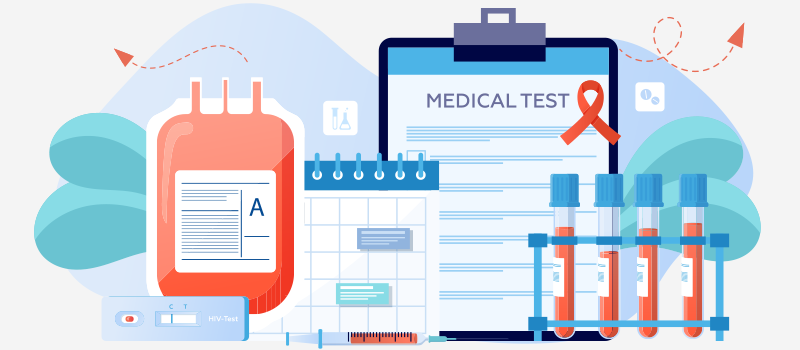

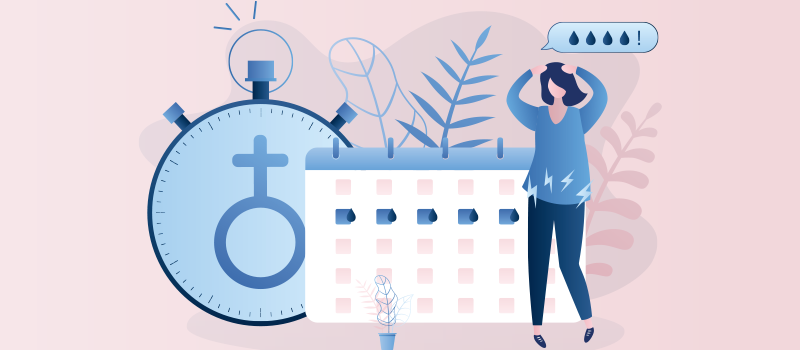
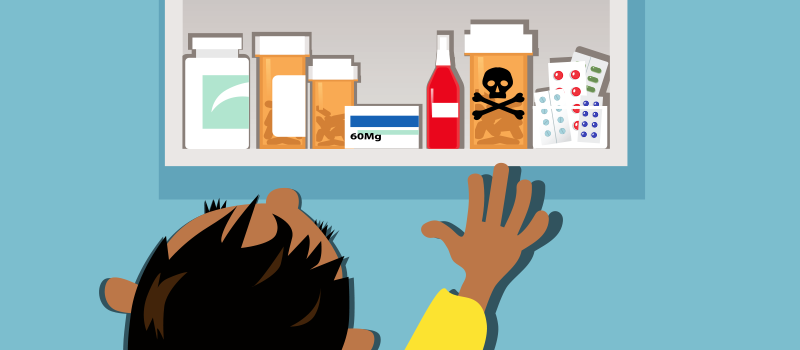

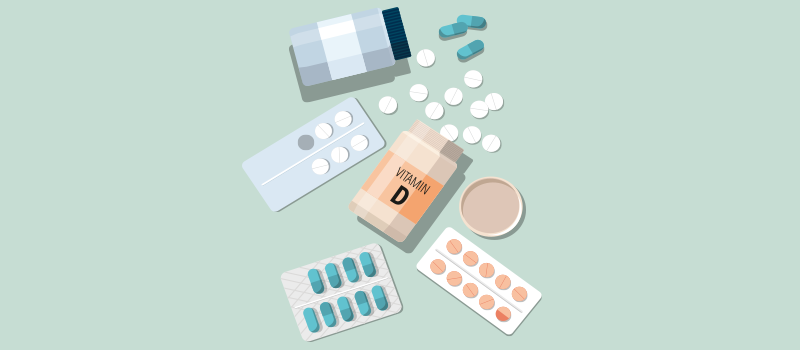

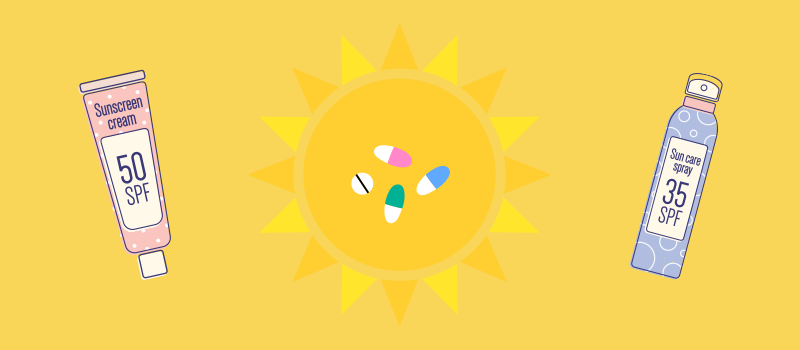




SOCIAL